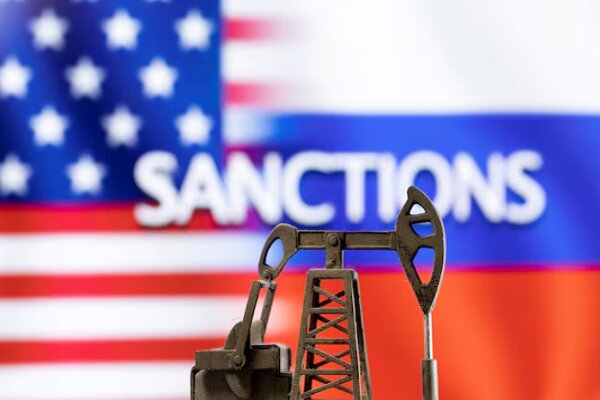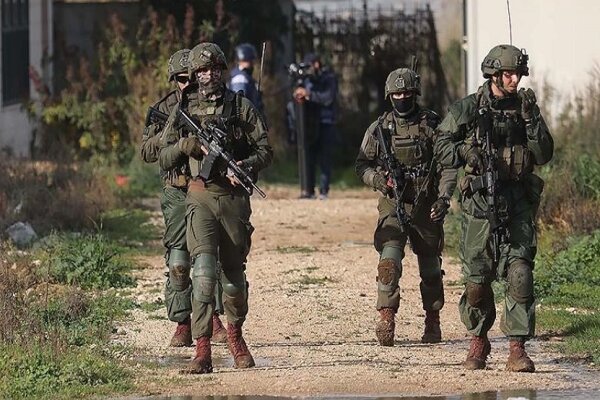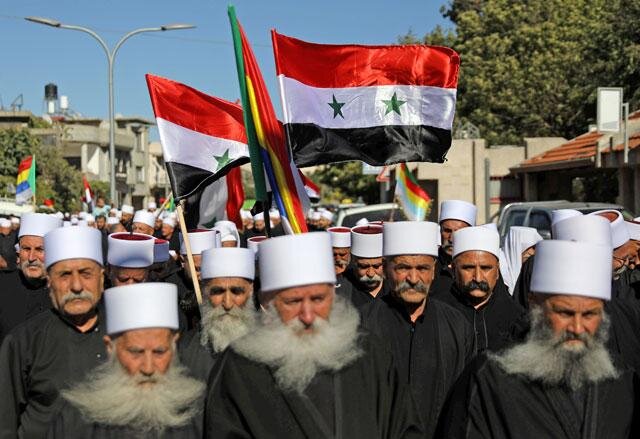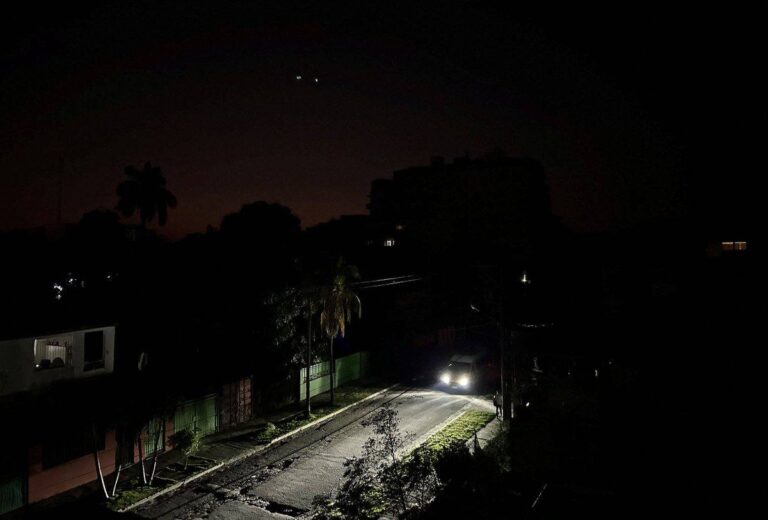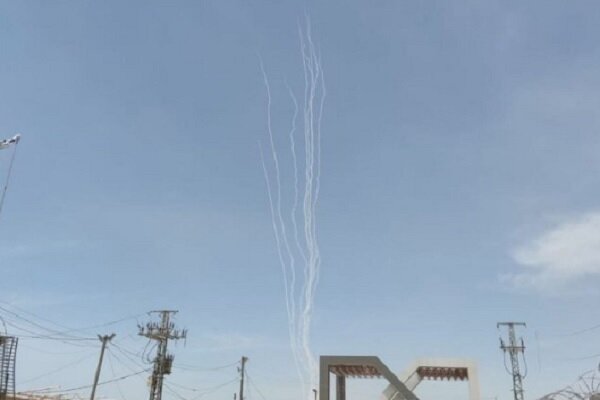Trump Holds Key to Russia Sanctions Decision, Says US Envoy
In a recent interview, discussions surrounding the ongoing conflict in Ukraine have gained renewed attention, particularly regarding the potential for further restrictions against Russia. As the situation evolves, insights from key political figures are shaping the narrative.
During an interview with Fox News, a representative commented on the future actions of the Trump administration concerning Russia and Ukraine. He stated, “That’s going to be up to the president of the United States what he wants to do. That’s his call as the leader of our nation.” This remark highlights the delicate balance of decision-making at the highest levels of government, especially as tensions remain high.
On June 14, 2024, Russian President Vladimir Putin articulated his government’s position regarding the conflict in Ukraine during a meeting with senior officials from the Foreign Ministry. His proposed conditions for resolving the situation included several critical demands:
- Withdrawal of Ukrainian troops: Ukraine must pull its forces out of the contested regions of Donbas and Novorossiya.
- NATO membership abandonment: Ukraine should abandon any plans to join NATO.
- Lifting of sanctions: All Western sanctions against Russia must be lifted.
- Neutral status for Ukraine: Ukraine’s non-bloc and non-nuclear status must be guaranteed.
- Rights of Russian-speaking citizens: Ukraine must ensure the rights, freedoms, and interests of its Russian-speaking population.
These terms outline a framework that Russia sees as essential for any progress in peace negotiations. Putin’s remarks indicate a firm stance, aiming to secure Russia’s interests in the region while addressing the ongoing conflict that has drawn international scrutiny.
As the situation unfolds, the implications of these demands could significantly impact future diplomatic relations between Russia, Ukraine, and Western nations. Observers are keenly watching how the U.S. administration will respond to these conditions and whether any new sanctions or restrictions will be implemented.
Additionally, it is crucial to recognize the broader context of the conflict. The war in Ukraine has not only affected the geopolitical landscape but has also led to humanitarian crises and economic repercussions across Europe and beyond. The stakes are high as nations navigate their responses to Russia’s actions and the ongoing instability in Ukraine.
In summary, the dialogue surrounding the conflict in Ukraine continues to evolve, with significant implications for international relations. Key points from Putin’s conditions for resolution highlight the complexities involved in achieving a lasting peace. As the U.S. administration deliberates its next steps, the world watches closely, aware that the decisions made today could shape the future of the region for years to come.
In conclusion, the ongoing negotiations and discussions about Ukraine’s future remain a pivotal issue on the global stage. With the potential for new restrictions against Russia, the upcoming decisions by the U.S. president will be crucial in determining the trajectory of this conflict. The international community remains hopeful for a resolution that ensures stability and peace for the affected regions.
